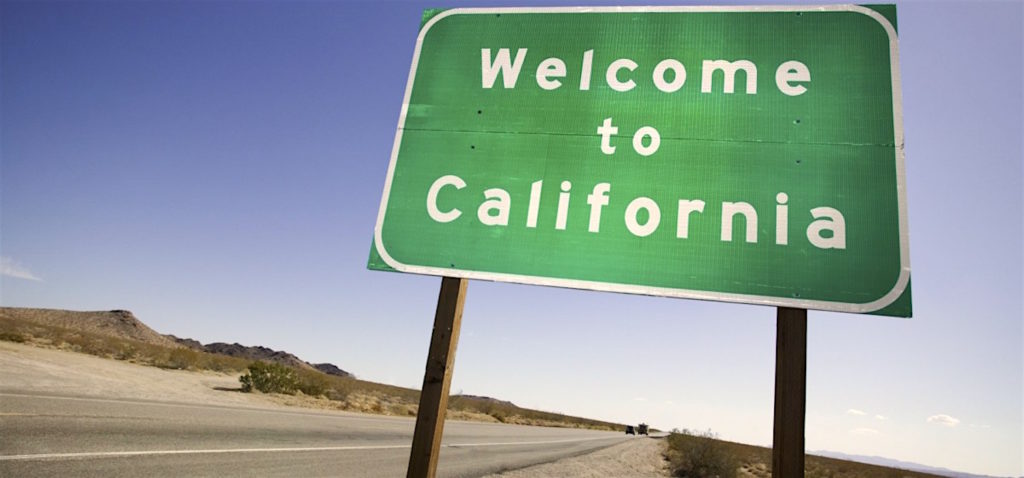
Despite a fight from law enforcement groups, the California Assembly moved forward last week with a bill to prevent state and local police from assisting with federal enforcement of cannabis laws. Will preventing police from assisting with federal enforcement create a bigger illegal underground?
Per Leafly
The bill’s author, Assemblyman Reggie Jones-Sawyer (D-Los Angeles), argued that the legislation is necessary to protect the state’s legal cannabis system from the Trump administration, which has threatened to step up enforcement of federal prohibition. But critics warned that failing to cooperate with federal drug agents would put local police in “harm’s way.”
The legislation, Assembly Bill 1578, squeaked through the Assembly on a 41–33 vote. It now heads to the Senate.
Some Republican lawmakers blasted the measure, which many have compared to the so-called “sanctuary state” bill advancing through the Legislature. That measure would prohibit police from cooperating with federal immigration enforcement officials. Assemblyman Travis Allen (R-Huntington Beach), called the proposal “insanity.”
“This is a complete violation of federal law,” he argued on the Assembly floor. “The hubris of California Democrats believing they can flout federal law on immigration and drug policy is beyond words.”
In a post about the measure, however, the constitutional law publication Tenth Amendment Center explained the legal grounding for the bill. “Provisions withdrawing state and local enforcement of federal law in AB1578 rest on a well-established legal principle known as the anti-commandeering doctrine,” the center wrote. “Simply put, the federal government cannot force states to help implement or enforce any federal act or program.”
Others worried the bill could prevent the detection of illegal cannabis activity within the state’s legal market. The bill specifies that it’s meant to protect only Californians complying with state law, but Jones-Sawyer said he would be open to revising the bill’s wording to clarify that cooperation would be allowed when state laws are violated. There are about 1,400 illegally operating dispensaries in Los Angeles, Jones-Sawyer added, that he himself would like to see shut down.

